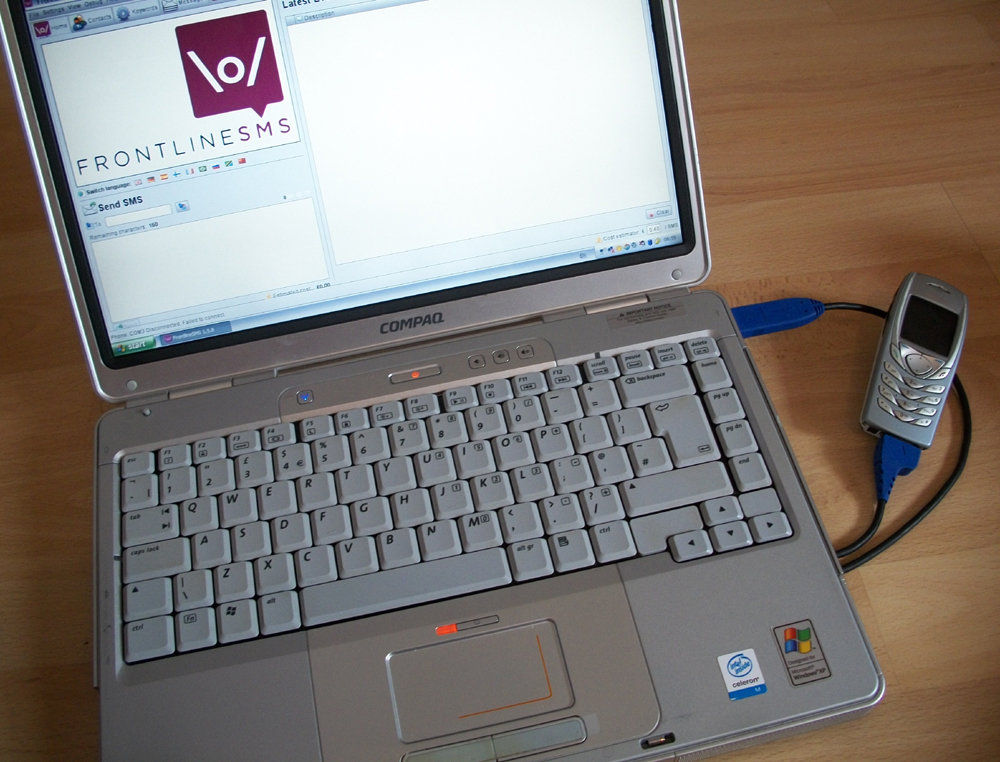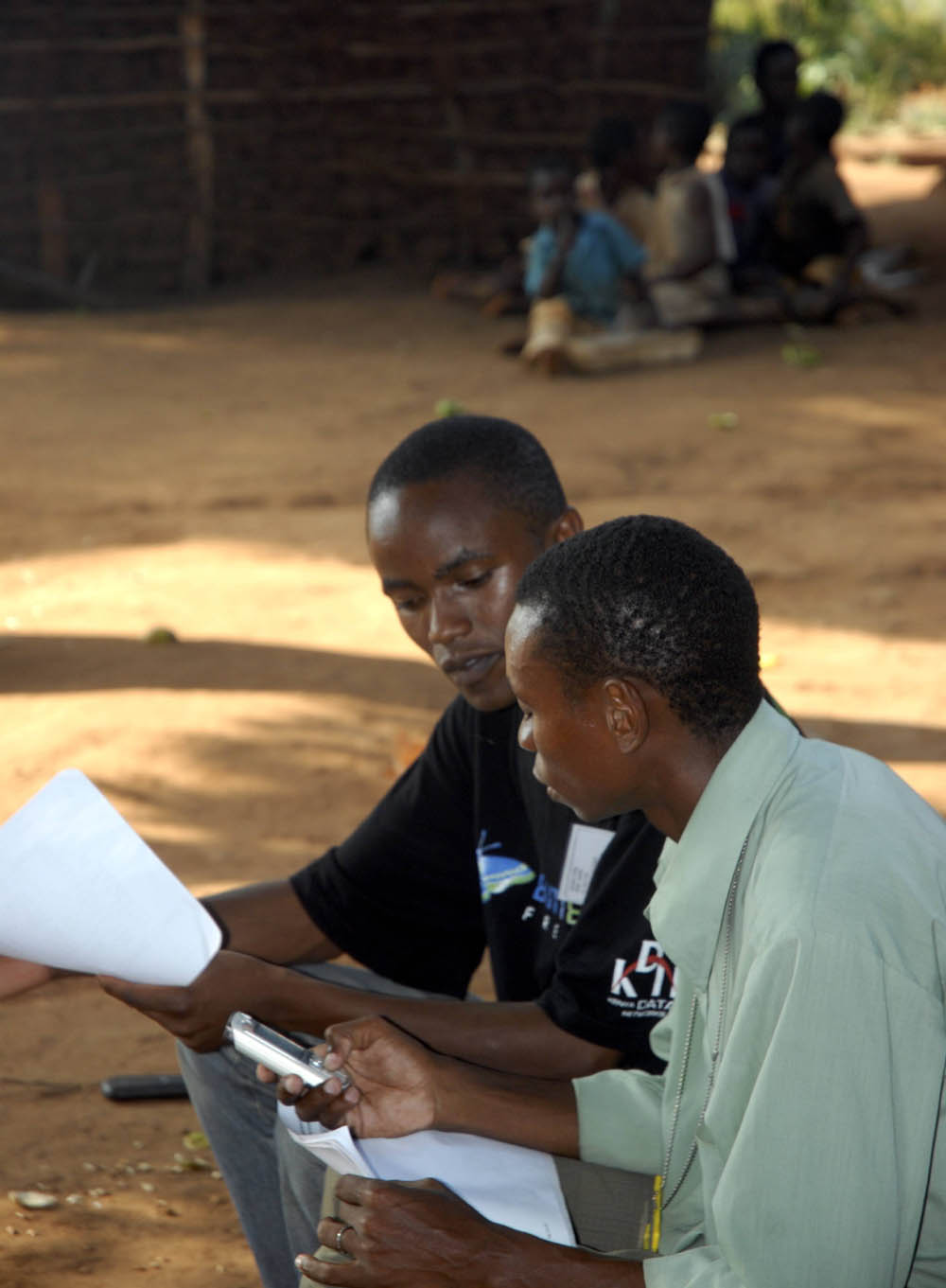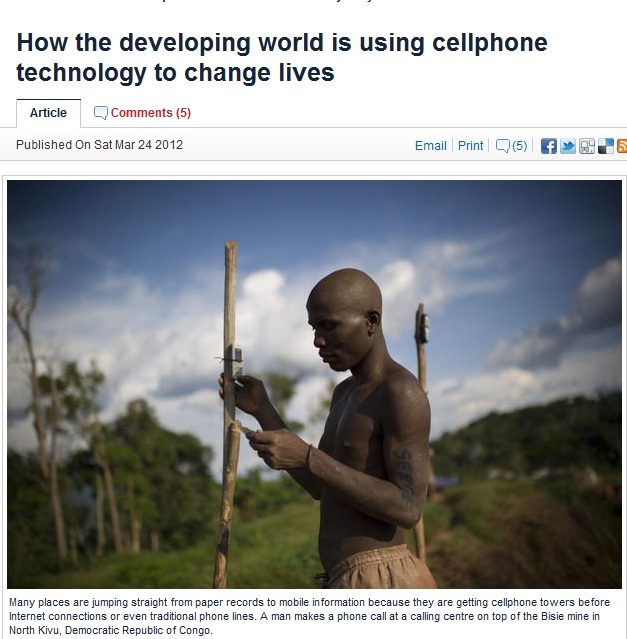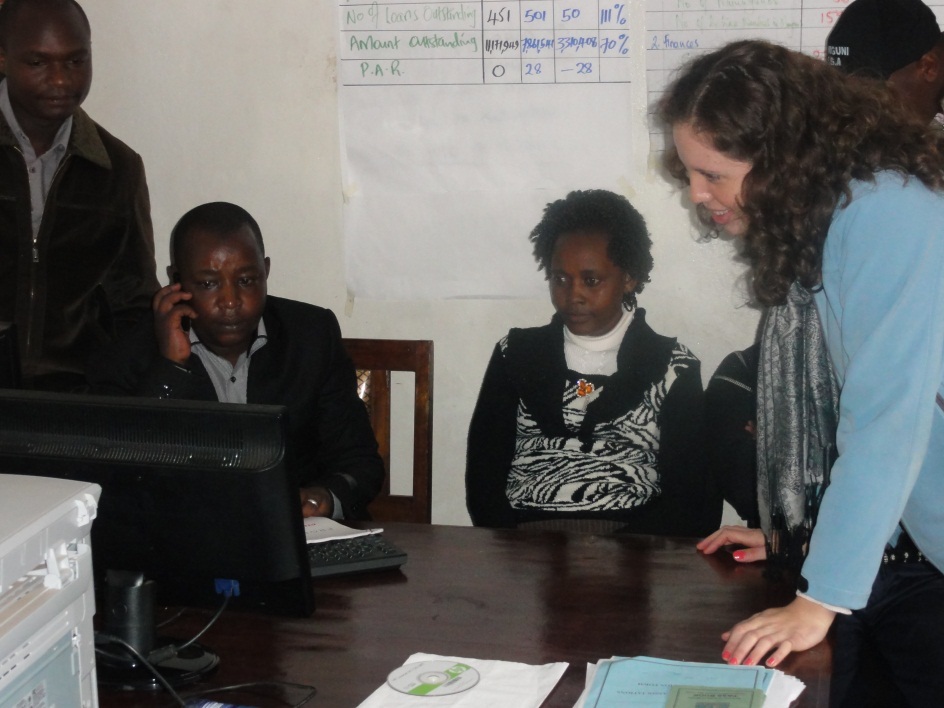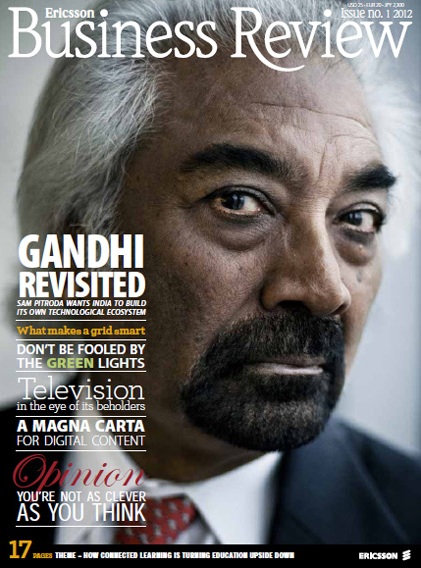FrontlineSMS:Radio was recently featured on PBS Idea Lab - a group weblog by innovators who are reinventing community news for the Digital Age. Authors are winners of the Knight News Challenge that focuses on reshaping community news and Participation. The post by Amy O'Donnell, Radio Project Manager, is republished below or you can read the original post here.

Radio's history has spanned over 100 years and it continues to reach billions -- even in remote and underserved regions. So when UNESCO announced that the inaugural World Radio Day was to be celebrated on February 13, one question on many people's lips was: Why now?
A diverse World Radio Day panel gathered in London last month to demonstrate that, if anything, radio is growing in importance. Discussions about radio are more relevant than ever because innovations are rejuvenating radio programming, particularly in opening up channels for participation. Technology to spark this change need not be on the cutting edge either; it's just as exciting to realize how radio stations around the world are employing existing tools in new and ingenious ways.
Sixty-five percent of the world's population is not online, according to an ITU report. But people are demonstrating that they need not have an Internet connection to have a voice in the discussions that affect them. By using their mobile phones, audiences are increasingly able to contribute opinions to discussions or news tip-offs for reporters, making radio programming responsive, relevant and appropriate.
This reinvention of radio sparks recognition of the fundamental importance listeners place on radio as a participatory and localized platform. While voice calls bring richness to a show, the number of contributors is limited by time. SMS, on the other hand, has almost no limit, allowing space for engagement which represents more people. Crucially, incorporatingSMS feedback allows radio to reflect local debate and concerns.
In an era where every revolution has a hashtag, we must remind ourselves that community radio has been a forum for collective dialogue for more than 100 years. By a generous estimate, Twitter has 500 million users. Juxtapose this with the 6 billion active mobile subscriptions and 95 percent of people who have access to the radio.
Radio is particularly important for those who aren't online or able to get a newspaper delivered. Radio requires minimal electricity (a negligible amount with a windup or solar radio) and tuning in is free. Applications using SMS with radio -- two of the world's most used platforms -- is proving that mobile technology has the power to create new possibilities by transforming radio from a one-way broadcast to a two-way dialogue with listeners.
FrontlineSMS's free, open-source software, which assists with the management of text messages without need for the Internet, is being used in radio contexts in more than 80 countries.FrontlineSMS:Radio is a tailored version of the software developed with this in mind. The tools we've built are designed to assist with the analysis of aggregating of text message data so that DJs can relay opinions to audiences while live on air. We now have 20 stations across Africa taking part in the trial, and one of them has received 16,000 messages in just three months. The large regional, cultural and economic variation in platform adoption is why at FrontlineSMS we're focusing on the ways that traditional platforms can be used to complement each other.
At the World Radio Day panel in London, speakers stressed the importance of the decentralization of radio: a need to ensure that ownership of programming is in the hands of communities. The penetration of mobile coupled with innovative applications of FrontlineSMS allow radio managers to incorporate audience feedback and lean on listeners' insights to shape audio content.
Another theme identified on World Radio Day was that for many, radio is the most trusted information source -- second only to word of mouth -- and this is based on the personal connections people feel with radio presenters by interacting with them. As communities themselves are able to determine topics up for discussion, these can lead to actions that dramatically change lives. The change in relationship between radio stations and their communities is fostering an evolution in even traditional (or institutional) broadcast environments. It is this need for local dialogue which underlies the motivation of FrontlineSMS to support radio stations that engage with listeners.
It's great that radio gets one day a year to enter into a global conversation. But for me, it's important these discussions happen more often to build momentum in people interested in sharing and innovating around the radio -- in particular, how to make radio interactive and preserve space for locally appropriate discussions to thrive. Neither video nor social media have killed the radio star. In fact in many places -- when coupled with SMS -- locally representative radio is taking central stage.
 FrontlineSMS software is designed to be accessible and easy to use ‘straight out of the box’ without the need for expert technical support. That said, when getting started with using a new piece of software we know how helpful it can be to have some guidance. To help users get started with our software, and troubleshoot any problems, we currently offer free user support via our community forum and resources online, but from March 2012, we're also opening our doors to you to offer face-to-face help through our new monthly user support drop-in sessions!
FrontlineSMS software is designed to be accessible and easy to use ‘straight out of the box’ without the need for expert technical support. That said, when getting started with using a new piece of software we know how helpful it can be to have some guidance. To help users get started with our software, and troubleshoot any problems, we currently offer free user support via our community forum and resources online, but from March 2012, we're also opening our doors to you to offer face-to-face help through our new monthly user support drop-in sessions!

